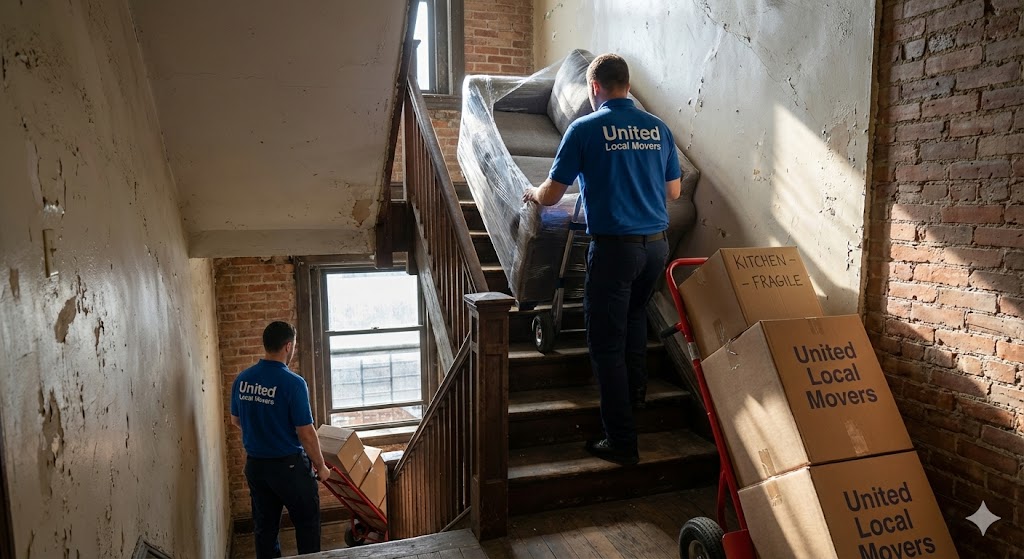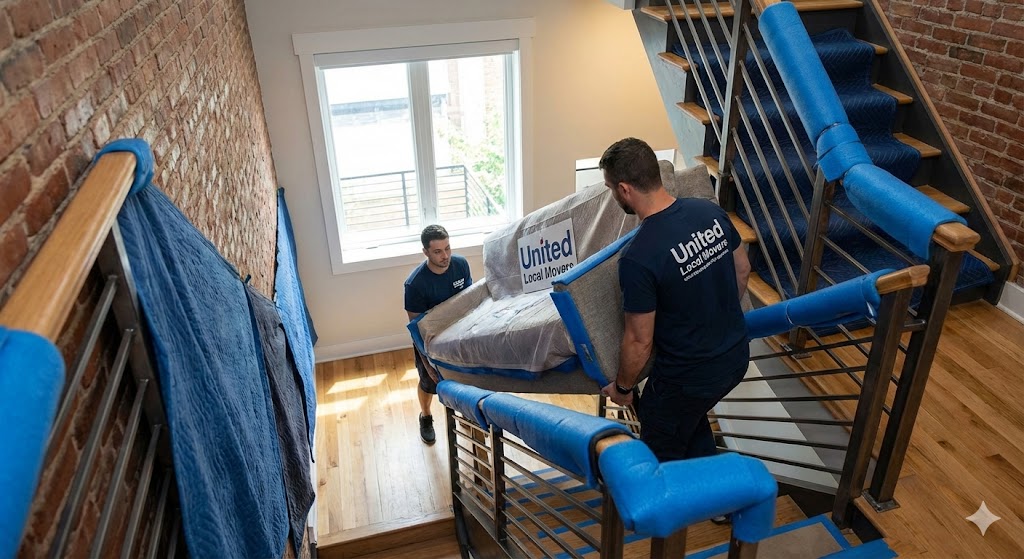Updating your driver’s license and vehicle registration is one of the most significant tasks to complete after moving to another state. Whether you are relocating for work, family, or lifestyle, every state has strict timelines and requirements for new residents. Missing these deadlines can lead to fines, penalties, or even complications with insurance claims. This guide breaks down everything you need to know to update your driver’s license and vehicle registration smoothly and on time.
Understanding Why Updating Your License Matters
Your driver’s license isn’t just a card — it’s legal proof of identity, residency, and driving privileges. After moving, your old state no longer controls your driving record. Insurance companies also require accurate address information to apply correct rates, coverage limits, and regional rules.
If you continue using an out-of-state license for too long, you may face:
- Traffic fines if pulled over
- Invalid insurance coverage
- Delays in official processes requiring ID
- Problems registering your vehicle later
Updating your documents quickly helps you settle into your new life with fewer logistical problems.
How Long You Have to Update Your License After Moving
Each state sets its own timeline for when first-time residents must update their driver’s license. Most states give you between 10 and 30 days from the date you establish residency.
| State Type | Typical Deadline | Notes |
|---|---|---|
| Strict states | 10–15 days | Often require DMV appointments. |
| Standard states | 20–30 days | Most of the country fits here. |
| Flexible states | 60–90 days | Still must update ASAP to avoid insurance issues. |
Residency usually begins when you sign a lease, close on a home, start a job, or enroll a child in school. Many people forget that even renting a short-term apartment can qualify as residency./p>
Documents You’ll Need at the DMV
DMV requirements differ by state, but you’ll typically need:
- Proof of identity: passport or birth certificate
- Social Security Number: card or tax document
- Proof of residency: lease, utility bill, or mortgage statement
- Current out-of-state driver’s license
- Proof of legal status (if applicable)
Some DMVs require two residency proofs, so it’s wise to bring a few options. Having everything ready prevents rescheduling — DMV appointments fill up fast, especially in large metro areas.
Real ID Requirements
Most states now issue REAL ID–compliant driver’s licenses. This form of ID will soon be required for domestic flights and federal buildings. To get a REAL ID, you must provide additional documents, such as:
- Unexpired passport
- Original Social Security card
- Two proofs of your physical address
Many people prefer getting a REAL ID during their first license update, so they don’t have to return later.
How Vehicle Registration Deadlines Work
Updating your vehicle registration is a separate process from updating your license. Most states require you to register your vehicle within 20 to 60 days after establishing residency. Some states require an inspection or emissions test before registration./p>
An Overview of Typical Registration Requirements
Although the details vary, expect to provide:
- Your out-of-state vehicle title
- Proof of insurance from your relocated state
- Your updated driver’s license (or temporary license)
- Completed vehicle registration form
- Payment for registration fees
Inspection and emissions rules differ widely. For example:
- Texas and North Carolina require safety inspections
- California and Illinois require emissions tests in certain counties
- Florida does not require either
Insurance Adjustments After Moving
Your auto insurance must match the state where your vehicle is primarily kept. Premiums change by:
- ZIP code–specific risk factors
- State minimum liability requirements
- Local accident statistics
Before registering your car, update your insurance policy to show your updated address. Many states won’t allow registration until you provide proof of state-required coverage.
Common Mistakes People Make After Moving
Here are the most frequent mistakes that lead to DMV headaches or penalties:
- Waiting too long and missing the deadline
- Not bringing the correct documents
- Assuming appointments are always available
- Not updating auto insurance first
- Forgetting about emissions or inspections
A bit of preparation is a long way toward making DMV visits quick and painless.
Understanding Fees and Taxes
DMV fees vary by state but typically include:
- Driver’s license fee ($20–$70)
- Registration fee ($50–$200)
- Title transfer fee ($15–$150)
- County taxes in some locations
Some states also charge a “first-time resident fee,” especially for out-of-state vehicles being titled for the first time.
How United Local Movers Helps You Stay Organized
When moving, it’s easy to overlook DMV requirements — especially if you’re dealing with packing, scheduling, and adjusting to an unfamiliar environment. That’s why United Local Movers guides customers through the full process of settling into their new home. Our team helps you create a timeline that includes key administrative tasks like:
- Updating your driver’s license
- Registering your vehicle
- Scheduling inspections or emissions tests
- Preparing necessary documents
When the moving process is organized, everything else becomes easier — from utilities to DMV paperwork.
Building a Smooth Transition into Your New State
Taking care of your license and registration early avoids fines, prevents insurance problems, and gives you peace of mind. Once your documents are updated, you can enjoy your newly acquired home knowing everything is legally compliant and fully set up. With support from United Local Movers, your relocation becomes clearer and more manageable from the first days.





